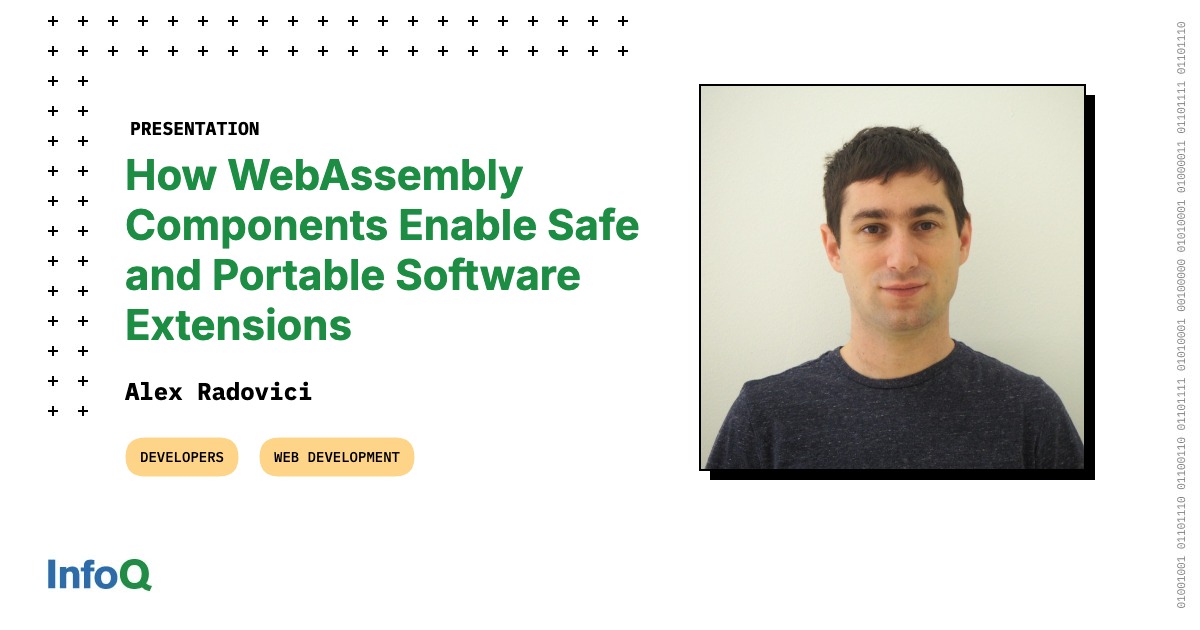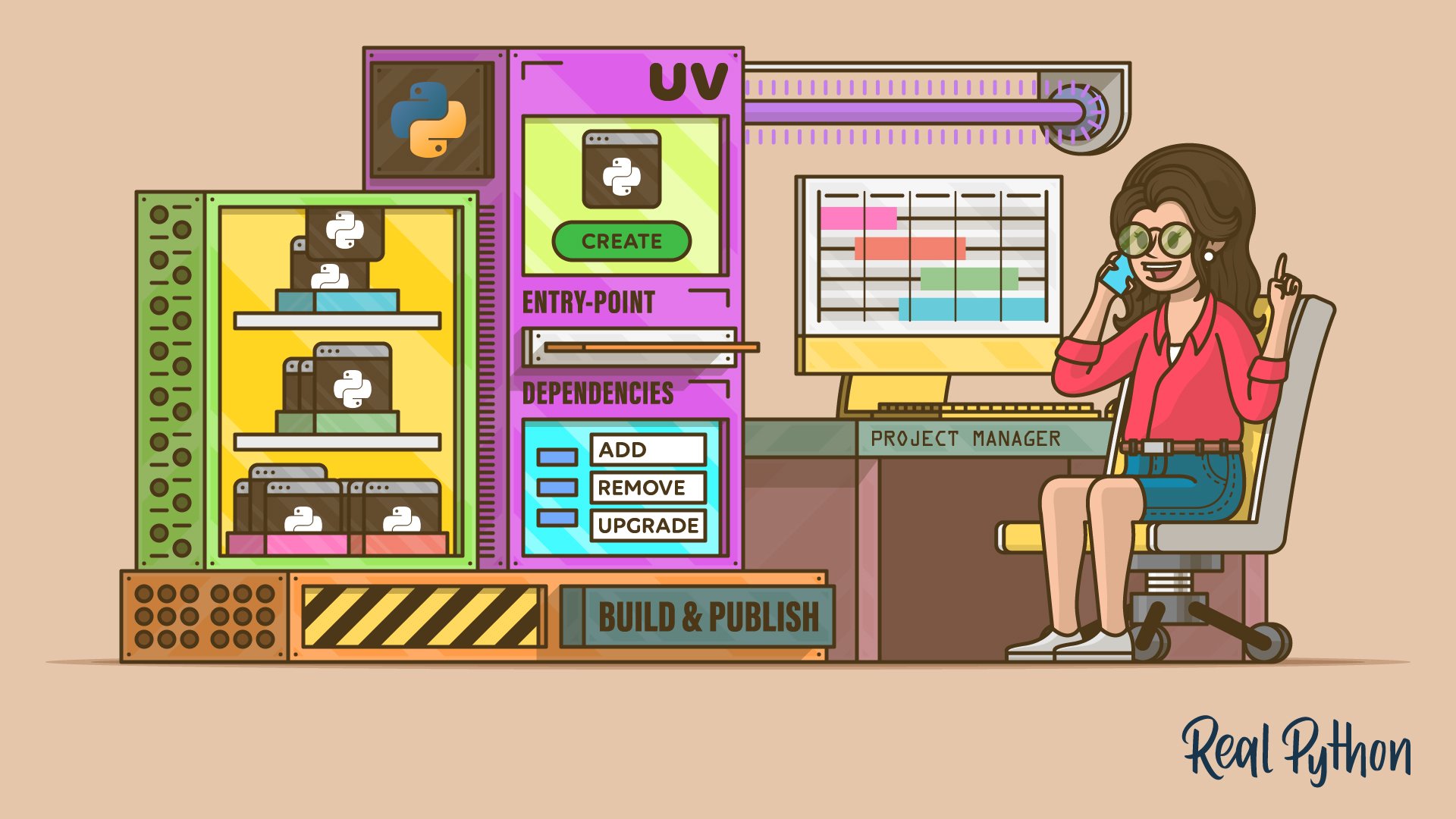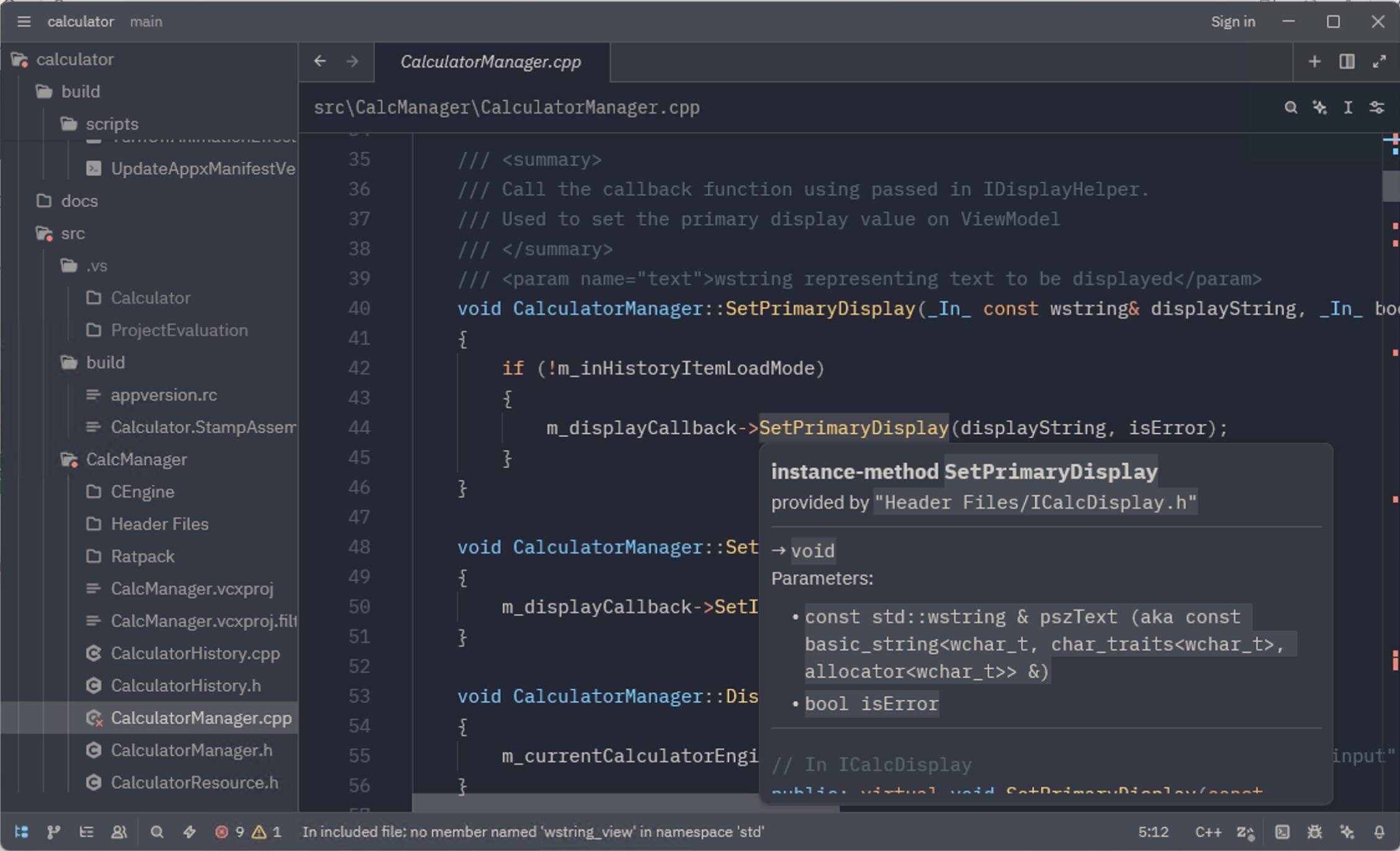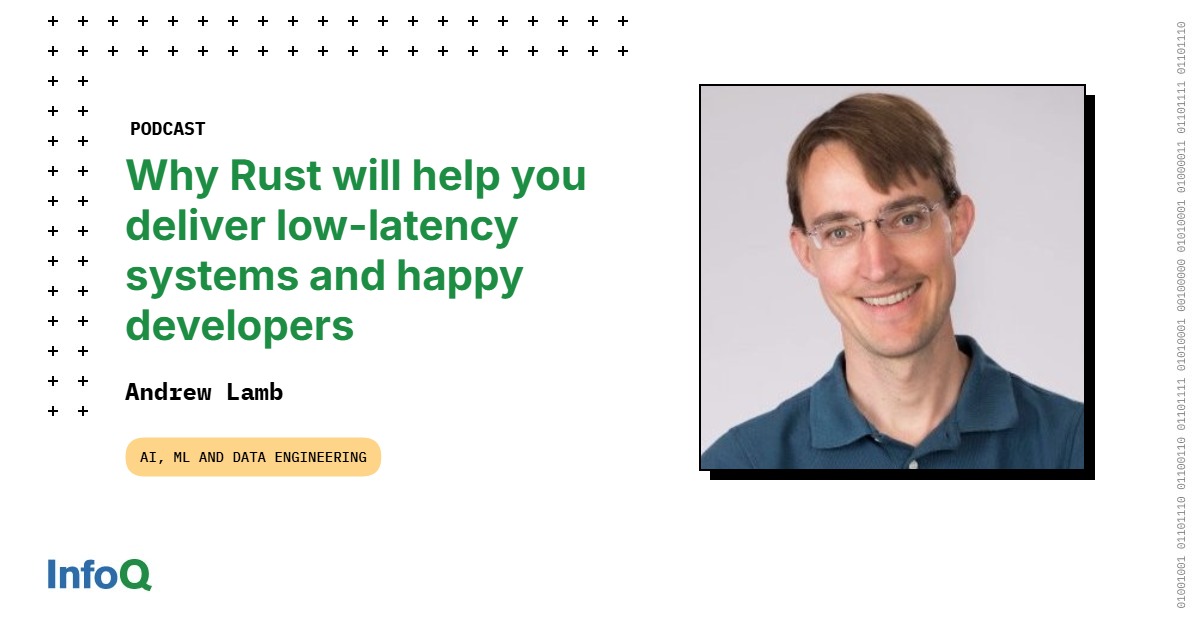#rust
#rust
[ follow ]
fromThe Hacker News
1 month agoWhatsApp Rolls Out Lockdown-Style Security Mode to Protect Targeted Users From Spyware
The feature, similar to Lockdown Mode in Apple iOS and Advanced Protection in Android, aims to protect individuals, such as journalists or public-facing figures, from sophisticated spyware by trading some functionality for enhanced security. Once this security mode is enabled, some of the account settings will be locked to the most restrictive options, while simultaneously blocking attachments and media from people not in a user's contacts.
Privacy technologies
fromArmin Ronacher's Thoughts and Writings
1 month agoPorting MiniJinja to Go With an Agent
In total I probably spent around 45 minutes actively with it. It worked for around 3 hours while I was watching, then another 7 hours alone. This post is a recollection of what happened and what I learned from it. All prompting was done by voice using pi, starting with Opus 4.5 and switching to GPT-5.2 Codex for the long tail of test fixing.
Software development
Artificial intelligence
fromZDNET
2 months agoThe great programming transformation: How AI and Rust are quietly dethroning C in Linux - and Windows
Microsoft and Linux are integrating AI and Rust into development pipelines; Microsoft is pushing AI-driven C/C++ to Rust migration, but neither OS will become fully Rust soon.
fromInfoQ
2 months agoCloudflare Open Sources tokioquiche, Promising Easier QUIC and HTTP/3 in Rust
Cloudflare has open-sourced tokio-quiche, an asynchronous QUIC and HTTP/3 Rust library that wraps its battle-tested quiche implementation with the Tokio runtime to simplify the development of high-performance QUIC applications. The library was used internally to back the edge services, the Oxy HTTP proxies, or MASQUE-based tunnels, replacing Wireguard-based tunnels in the WARP client. Tokio-quiche is now available as an open-source crate on crates.io, with its source hosted in the quiche repository.
Software development
fromComputerworld
2 months agoMicrosoft is not rewriting Windows in Rust
A job posting by a Microsoft engineer sparked excitement about a project "to eliminate every line of C and C++ from Microsoft by 2030", replacing it with Rust - but alas for fans of the memory-safe programming language, it turns out this is a personal goal, not a corporate one, and Rust isn't necessarily even the final target.
Software development
fromInfoQ
2 months agoHL is a Fast, Rust-based JSON Log Viewer Offering Up to 2GiB/s Parsing Speed
According to benchmarks published by hl's creator, the viewer achieves throughput of up to ~2 GiB/s with automatic indexing on initial scan and up to ~10 GiB/s when reindexing growing files. This performance appears to be a significant improvement over alternatives such as hlogf, humanlog, fblog, and fblog-d, making hl a compelling tool for DevOps engineers who work with very large log files from the command line.
DevOps
fromTechzine Global
3 months agoFerrocene gets Rust core for industrial safety standards
Rust is moving closer to wider deployment in industrial and embedded environments now that Ferrous Systems has made a certified subset of the Rust core library available in the latest version of the Ferrocene toolchain. The certification falls under IEC 61508 at SIL2 level. This is a widely used standard in electronics for industrial safety. The core library is crucial for systems that run without a standard library, such as firmware or real-time control software.
Software development
fromTheregister
3 months agoRust core library partly polished for industrial safety spec
Memory-safe Rust code can now be more broadly applied in devices that require electronic system safety, at least as measured by International Electrotechnical Commission (IEC) standards. The latest update to Ferrocene, an open source Rust compiler toolchain for safety-and mission-critical systems, comes with IEC 61508 (SIL 2) certification for portions of the core library. "Rust is impractical to run in embedded or safety-critical environments without core, and core can't be certified without rigorous validation using toolchains like Ferrocene,"
Software development
fromTasting Table
3 months agoYour Vintage Set Of Christmas Cookie Cutters Might Not Be Safe To Use. Here's How To Tell - Tasting Table
The main thing to check for with vintage cookie cutters is rust. Cookie cutters can be made from a variety of materials, and while modern ones are often plastic, others might be aluminum, tin, or stainless steel. Neither one of those rusts easily, but aluminum can tarnish and stainless steel can rust if it has not been cleaned and stored properly.
Cooking
fromTheregister
3 months agoServo 0.0.2 hints at a real Rust alternative to Chromium
Servo 0.0.2 is the second numbered release from the project. There is an accompanying post in the Servo project blog, " October in Servo," with the loaded subtitle "Better for the web, better for embedders, better for you." Quite big claims, but the post behind them is an entirely technical summary of the recent work on the engine. Servo is not a standalone app. It's a browser rendering engine, the core around which apps may one day be built.
Tech industry
fromInfoQ
3 months agoVoidZero's Rolldown Library: Rollup Compatible API with the Speed Of Rust
Rolldown, a new JavaScript/TypeScript bundler written in Rust, has emerged from VoidZero, the maintainers of projects such as Vite. Rolldown offers a high performance alternative to conventional bundlers with full compatibility for the Rollup plugin ecosystem. Designed as the next logical step for modern build workflows, Rolldown promises significant build time improvements while retaining familiar plugin interfaces. Rolldown was designed primarily to be the underlying bundler within Vite to replace the existing Vite dependencies of esbuild and Rollup.
Web development
fromTheregister
3 months agoUbuntu 25.10's Rusty sudo holes quickly welded shut
The Reg FOSS desk encountered sudo in the first public beta of Mac OS X, way back in 2000, but the classic C version is a venerable tool. It's so old that precise initial dates are lost to time, but the project's own history says it dates back to 1980. (The project's logo is much younger than the code - it's a reference to a 2006 XKCD comic.) Ubuntu has included the sudo command - and discouraged use of the all-powerful root account - since its very first release, 4.10 "Warty Warthog."
Information security
fromInfoQ
4 months agoVite+ Unveiled with Unified Toolchain and Rust Powered Core
Vite+, the new unified JavaScript toolchain built on top of Vite, has been announced by VoidZero. Positioned as a drop-in superset of Vite, Vite+ introduces an all-in-one CLI experience, covering project scaffolding, testing, linting, formatting, library bundling, monorepo task running, and devtools visualization. The ambition is to reduce toolchain fragmentation and align large teams around a single, high-performance workflow. Vite+ aims to deliver enhancements across three primary dimensions: tooling consolidation, performance & scale, and enterprise-grade features.
JavaScript
fromInfoWorld
4 months agoSerious vulnerability found in Rust library
Researchers at Edera say they have uncovered a critical boundary-parsing bug, dubbed TARmageddon ( CVE-2025-62518), in the popular async-tar Rust library. And not only is it in this library, but also in its many forks, including the widely used tokio-tar. "In the worst-case scenario, this vulnerability has a severity of 8.1 (High) and can lead to Remote Code Execution (RCE) through file overwriting attacks, such as replacing configuration files or hijacking build backends," the researchers say in a report.
Information security
Information security
fromThe Hacker News
4 months agoTARmageddon Flaw in Async-Tar Rust Library Could Enable Remote Code Execution
A TAR parsing vulnerability (CVE-2025-62518) in async-tar and forks can enable remote code execution via file-overwrite; migrate from tokio-tar to patched astral-tokio-tar 0.5.6.
fromZDNET
4 months agoThe 5 fastest Linux distros I've tried - and they're all free
RedoxOS is a special kind of Linux distribution that uses a microkernel and is written in Rust. For those who don't know, Rust is a programming language well-known for being fast. I've been using System76's COSMIC desktop environment, which is also written in Rust and is lightning fast. Imagine an entire OS written in that same language. That's what RedoxOS is, and it's zippy. This is, hands down, the fastest operating system that I've ever used.
Software development
fromLuke Plant's home page
5 months agoBreaking "provably correct" Leftpad
I'll pick a few, simple, perfectly ordinary inputs at random, and work out what I think the output should be. This is a pretty trivial problem so I'm expecting that all the implementations will match my output. [narrator: He is is expecting no such thing] I'm also expecting that, even if for some reason I've made a mistake, all the implementations will at least match each other. [narrator: More lies] They've all been proved correct, right?
fromTheregister
5 months agoPop!_OS 24.04 beta and COSMIC beta arrive
System76's Pop!_OS seems to be one of the more popular Ubuntu remixes among tech-savvy Linux enthusiasts. That may mean that the bolder of them are about to break their computers, because finally, the beta of version 24.04 is here, along with the beta version of the company's COSMIC desktop. The version number is because this release is based on Ubuntu 24.04, aka "Noble Numbat," which was emitted by Canonical at the end of April 2024.
Software development
fromInfoQ
6 months agoFearless Programming with Rust
When I started off learning Rust, I was reading the Rust book, the official book, and it really resonated with me when they started speaking about option types, and result types, algebraic data types, and all those things. It occurred to me at that time, or it was the first time it clicked, that you could move this burden of discipline from yourself to the language.
Software development
[ Load more ]

























